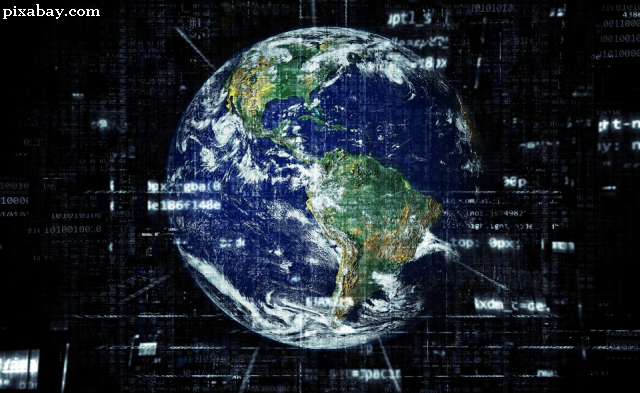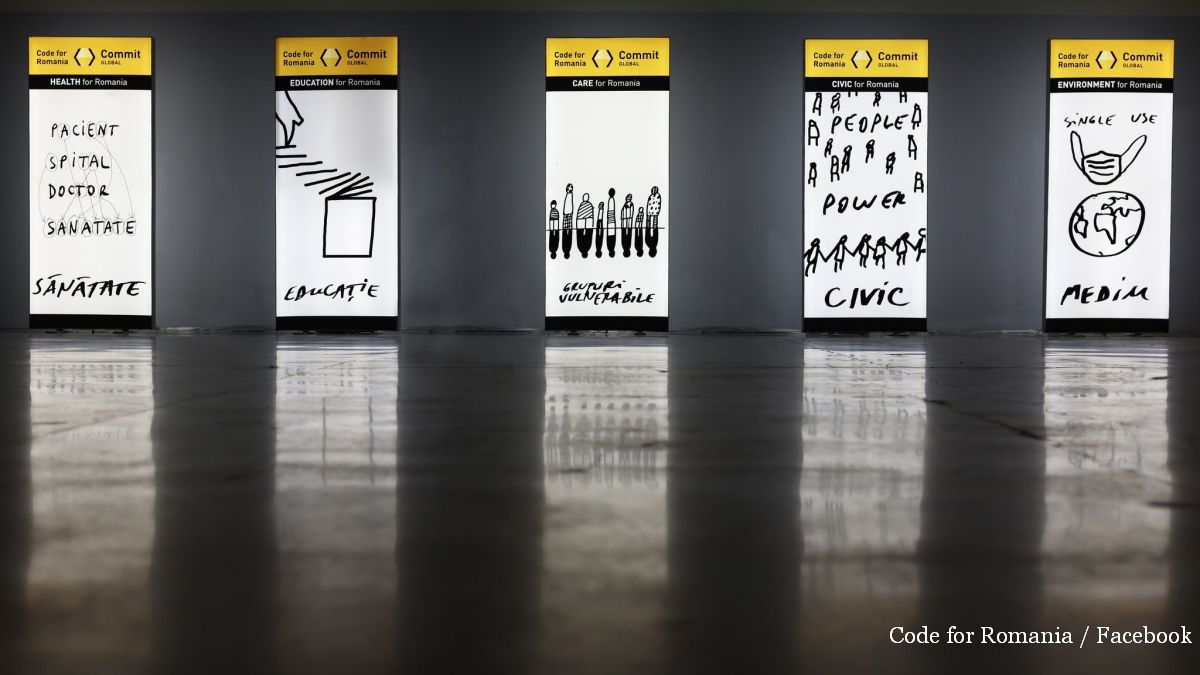Benefits and Challenges in the Digital Era
The advent of the Internet has brought humanity into the digital age

Corina Cristea, 11.08.2023, 14:00
The advent of the Internet has brought humanity into the digital age, with rapid access to information, strongly influencing the way we learn and develop, and making possible the emergence of new business models. Through search engines or specialized websites, information is much more accessible to all people. It has become commonplace to access virtual pages, and we can communicate almost instantly with people thousands of kilometers away. Thanks to quick access to information, we can benefit from knowledge and expertise without the limitations imposed by time or space. The Internet, driven by increasing amounts of online information, commerce, entertainment, and social networking services, continues to grow. But there is also the flip side of the coin: along with the benefits of the Internet, we also face challenges regarding data security and privacy. An analysis of the history of the Internet shows us that it has its origins in efforts to build and interconnect computer networks that arose out of research and development in the United States, and involved international collaborations, particularly with researchers in the United Kingdom and France. It was happening somewhere around the beginning of the 1960s, so that, 10 years later, protocols were designed for the operation of the Internet, in which several separate networks could be united in a ‘network of networks’. History also records that commercial Internet service providers began to appear in the late 1980s, and also that research carried out at CERN in Switzerland by British computer scientist Tim Berners-Lee in 1989–90 led to the World Wide Web. It linked hypertext documents in a IT system, accessible from any node in the network. Since the mid-1990s, the Internet has had a revolutionary impact on culture, commerce, and technology, including the rise of near-instantaneous communication via electronic mail, instant messaging, voice over Internet Protocol (VoIP) phone calls, video chat, and the World Wide Web with its forums, chat boards, blogs, social networking services, and online shopping sites. In all this mechanism, ever-increasing amounts of data are transmitted at ever-increasing speeds over fiber optic networks. Here is journalist Ion Vaciu, president of the Council for Digital Transformation, speaking on Radio Romania about the impact of the emergence of the Internet on everyday life:
It has practically virtualized everything. In the banking field, it reached the point of virtual currency. In the industrial field it actually introduced links to later day robotics, and allowed remote work. In agriculture there are a lot of applications, there is no area in the industry that is not affected, changed positively, I would say, by the Internet, because, what is the Internet? A network of networks, the largest network on the planet, which has crossed borders across the planet. Because we also have the Internet in satellite communications, and we have the Internet right right up to the edge of the Milky Way.
In April-September 1993, the Romanian Internet began to be launched, recalled Ion Vaciu, and most users in Romania were satisfied with email, the most active areas being university and research. The first internet networks in schools and universities appeared in 1993, and broadband internet has been available since 2000, via coaxial cable, according to Ion Vaciu. The data show that, 30 years after the internet arrived in Romania, the country is in the top 10 countries in the world in terms of browsing speed. The thing that put the country in this leading position is the decades of work from Romanian specialists, who rolled up their sleeves in order to develop communication networks. What is the future of the Internet in Romania, what are the major challenges and opportunities before us, what will happen in the coming years? Again, Ion Vaciu:
We have 10 relevant trends in the development of the Internet and some of them would be: the Internet of Things, which everyone knows about, which would mean increasing the connection and interconnectivity of objects and smart devices in a variety of sectors like healthcare, transportation, and industry. Just today I read in the news that 6G has already managed to connect together unconnected objects, via satellite, with a radar-like function. So, basically, we will also have unconnected objects, so it is not necessary to be on the Internet to be connected, you can be connected in the future, starting in 2030, also through 6G. Then, secondly – 5G and high-speed networks, which, in Romania, according to all the latest ANCOM data, reached the level of 3%, so we only have 5G at 3%, we have a long way to go. Three – Edge computing, a topic very little addressed in Romania, meaning the development of distributed computing infrastructure, which allows data processing and decision-making closer to the user. That means that it is much easier and cheaper to have the data and everything you need to access here, near you. Four – artificial intelligence and machine learning, everyone is talking about it, but it is a much older phenomenon than we would imagine, and it has only exploded just now. Five – virtual and augmented reality, known as VR, AR. Six – using technologies to provide interactive and immersive experiences in diverse environments such as gaming, tourism, and education.
Ion Vaciu added that we also have blockchain and cryptocurrencies, cloud computing, and cloud services – which would be the basis, the infrastructure of new services, cybersecurity, and data protection, quantum computing, for which the first steps were also taken in this country, as well as regulation and digital policy, which few people talk about, but it also needs to be done, and it needs to be done smartly.





























